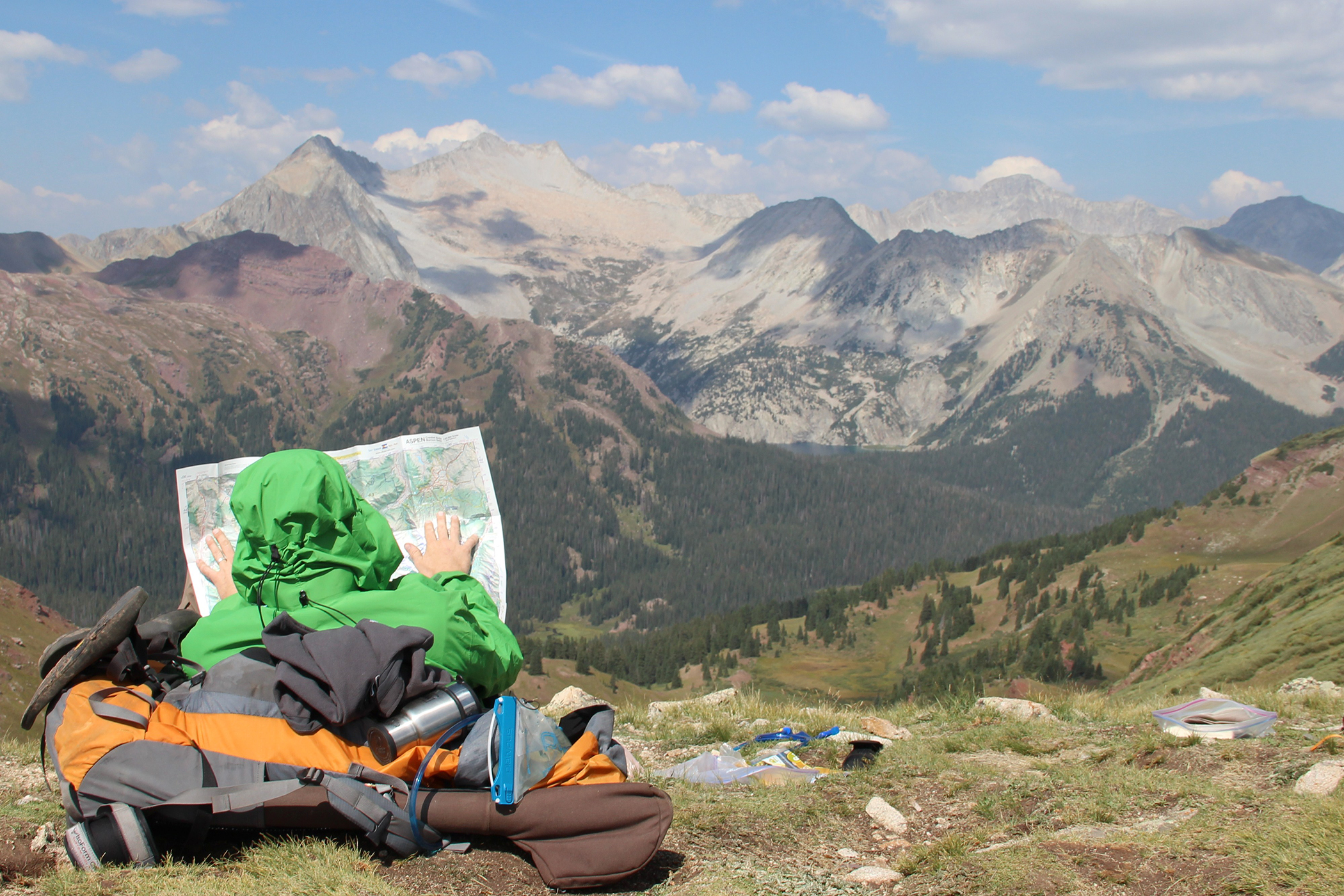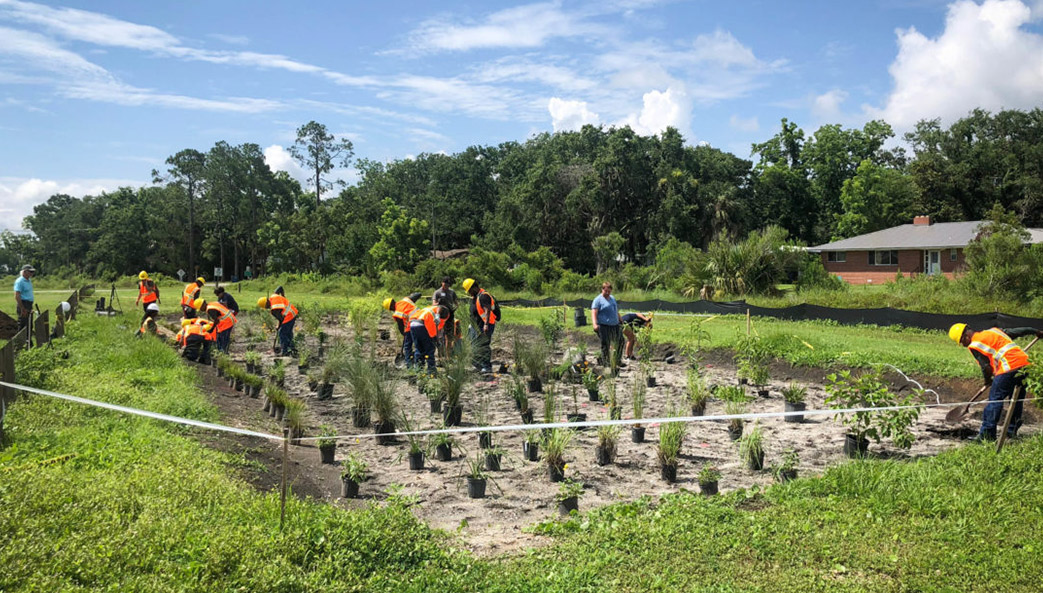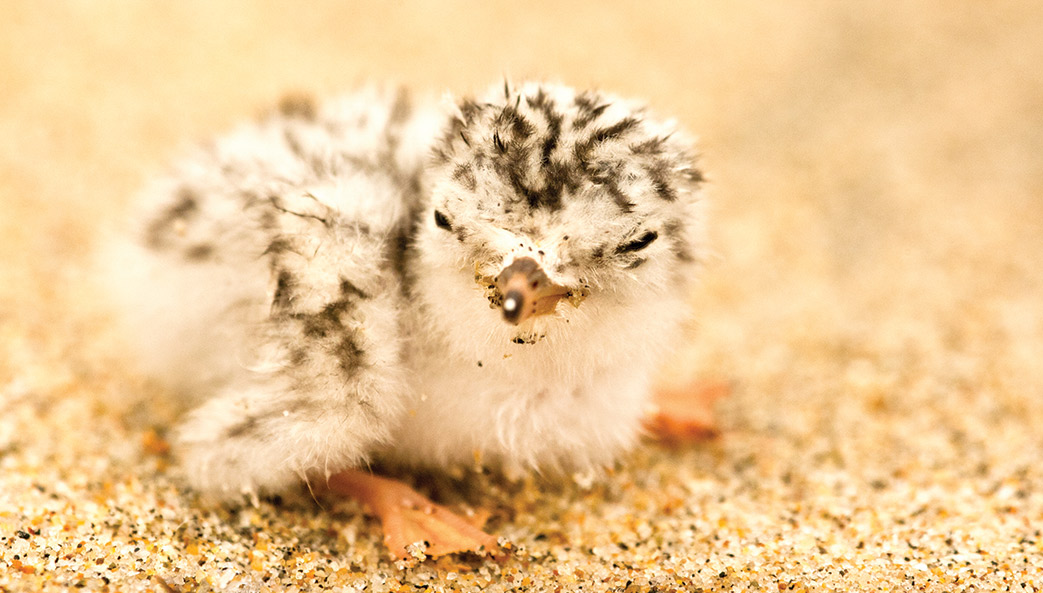If environmentalists want to protect fragile ecosystems from developers—in the United States and around the globe—they should team up with ecotourists, according to a recent UGA study.
Environmentalists often fear that tourists will trample sensitive natural resource areas, but tourism may in fact bring the needed economic incentives to help drive conservation, said Bynum Boley, assistant professor of natural resources recreation and tourism at UGA’s Warnell School of Forestry and Natural Resources.
In their paper, coauthors Boley and Gary Green—associate professor of natural resources, recreation, and tourism at the Warnell School—maintain that despite past tensions between the tourism industry and environmentalists, the two groups should form alliances to fight the development of virgin territory. In fact, ecotourists often provide a boost to the local economy and also motivate landowners and governments to preserve their land in its natural state.
Too often, Boley and Green said, decision makers convert unique natural resource areas into industrial, agricultural or residential developments without having considered their ecotourism potential. In addition to the lost tourism revenue, there are a host of negative environmental consequences,
including reduced biodiversity, water and food shortages and the land’s inability to help mitigate the effects of climate change. When these areas are not valued for their ecotourism potential or for the valuable ecosystem services they provide, said Green, “we lose them.”
Tourists have historically been seen as having a negative impact on the environment. Critics complain that they violate fragile and threatened natural environments while contributing to greenhouse gases from the increased number of flights to these exotic and often remote locales.
But responsible programs on ecological conservation and environmental sustainability can foster a greater appreciation of these areas, said Green. And “although ecotourism has its pitfalls, environmentalists may have no other choice but to work with the tourism industry to protect these key ecosystems.”
Boley and Green have proposed a new model where researchers consider how much money tourists bring to a region via ecotourism when calculating the value of its ecosystems. They also suggest that leaders in these destinations increasingly aim their marketing efforts at responsible ecotourists in order to attract these types of travelers.





